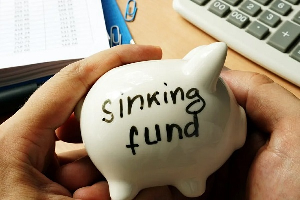Obuasi, Aug 19, GNA - Mr Benjamin K. Boafo, Obuasi Municipal Chairman of the Ghana Private Road Transport Union (GPRTU) has called on the government to rehabilitate the six-kilometre Akapoliso-Ayease stretch of feeder road.
He said this would facilitate the successful implementation of the Root and Tuber Improvement and Marketing Programme (RTIMP) of the Ministry of Food and Agriculture (MOFA) in the area.
The Obuasi office of MOFA, as part of its RTIMP implementation, is constructing an acre-farmer-demonstration-plot at Ayease to train the farmers on cassava production.
Already, MOFA had prepared a total of 17.2 acre-plot at five locations in the municipality to serve as secondary multiplication of variety of cassava sticks for free supply to interested farmers.
Mr Boafo said at a stakeholders' forum on RTIMP at Ayease near Obuasi that one major issue to be considered as far as the programme was concerned was to make the road in the area motorable.
He said the marketing aspect of the programme could only be successful when farmers and buyers had motorable roads to transact business between their farms and the marketing centres.
Mr Boafo said the transport industry could not be left out in the successful implementation of RTIMP since it played a major role in the conveyance of the final product to the marketing centres.
He said though the distance from Obuasi to Ayease was short, the bad nature of the road especially during rainfall had rendered the area a 'no go area' which was a bother to both travellers and transport owners.
He expressed the hope that the RTIMP would eventually lead to a bumper harvest of quality cassava in the area but with such a bad road, it was likely that the produce would be left to rot thereby affecting the success of the RTIMP.
The RTIMP, a follow-up to Root and Tuber Improvement Programme (RTIP), is to enhance incomes and food security to improve the livelihood of the rural poor.
It is jointly financed by the Ghana Government, beneficiaries, local financial institutions and International Fund for Agricultural Development (IFAD).
Regional News of Tuesday, 19 August 2008
Source: GNA
















